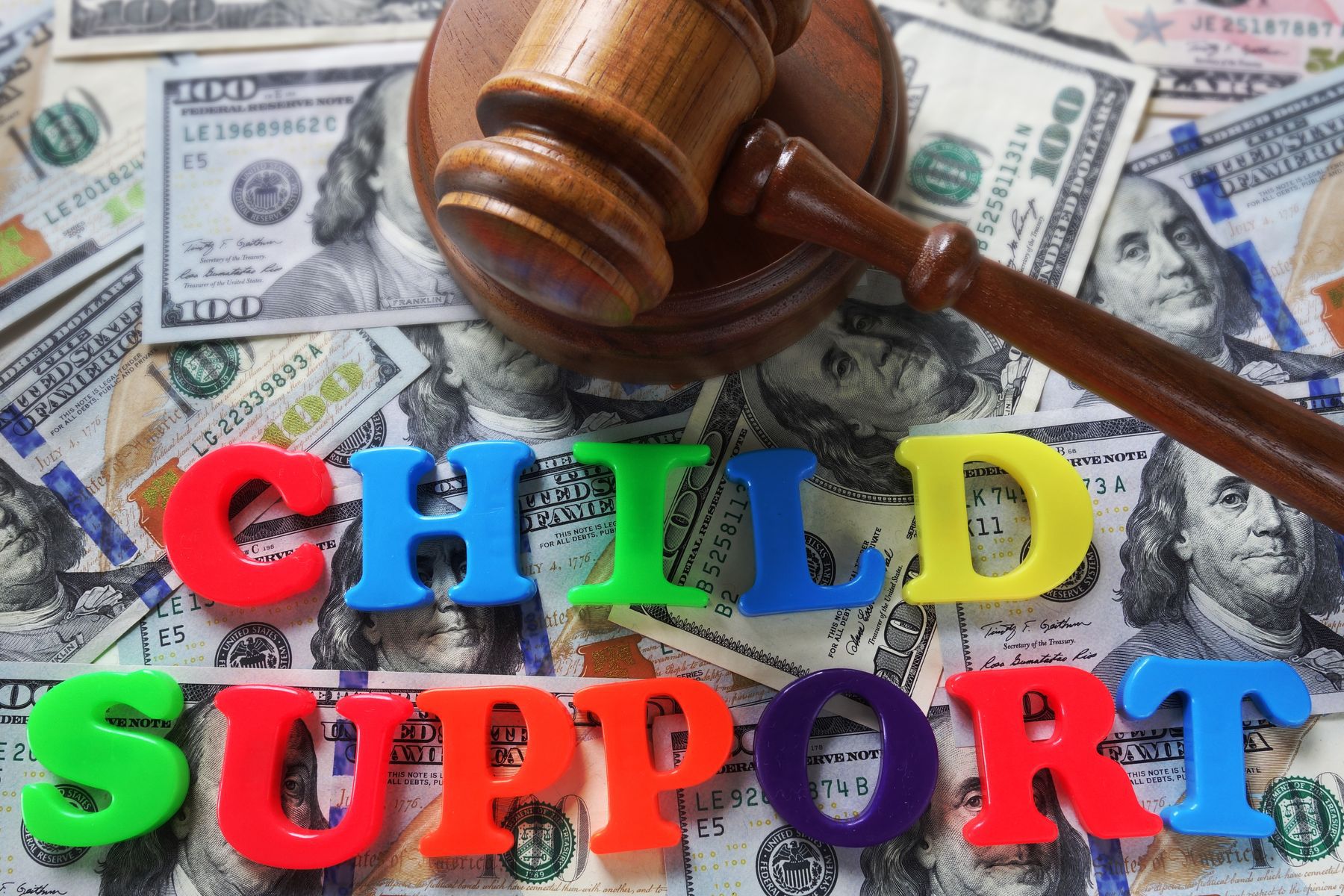Updated: September 12th, 2024
A common misconception exists that parents with joint custody do not have to pay child support after divorce. In truth, child support payments depend on the parents’ unique circumstances. Even with joint custody, parents can still be required to make payments to financially support their children.
For parents, it’s important to understand your rights and responsibilities regarding child support and custody during and after divorce. To protect you and your child’s best interests, seek the assistance of an experienced attorney.
Even Parents With Joint Custody May Owe Child Support
In North Carolina, all parents are responsible for supporting the reasonable needs of their children as long as they have parental rights. This financial responsibility lasts until the child turns eighteen, graduates from school, fails to attend school on a regular basis, or reaches age 20—whichever comes first.
Additionally, if a child becomes emancipated prior to the age of 18, the parents are no longer obligated to pay child support. It does not matter if a child or parent does not have U.S. citizenship, or if a parent lives out of state. In addition, a child could be entitled to receive support from a parent who is not listed on the birth certificate.
When parents have joint custody, they may not have the children for exact and equal amounts of time. Joint physical custody means that each parent has custody for at least one-third of the year (more than 122 overnight visits per year). Also, parents with joint or shared custody may have different incomes or contribute in unequal amounts towards the children’s expenses.
As a result, in a joint custody arrangement, one parent may still need to pay child support to the other parent. The parent who pays child support tends to be the one who makes more money. If not, then the other spouse may contribute more to the children’s expenses or spend more time with them.
Determining the Amount of Child Support
To determine the amount of child support, the court will look to many factors, including:
- Each parent’s income from any source
- Any self-employment income and expenses
- Potential income (such as if a parent is voluntarily unemployed or underemployed)
- Existing child support obligations
- Responsibility for other children
- Child care costs
- Health insurance and health care costs
- Expenses for education or transporting the children between houses

The amount of time parents each have custody of the children affects the amount of child support owed. In North Carolina, child support is calculated using a formula set by the Conference of Chief District Court Judges. Using the child support guidelines, the court calculates each parent’s support amount based on the amount of time the kids spend with him or her. Each parent’s amounts are compared to each other, and the parent with the higher support amount pays the difference to the other parent.
Determining your possible child support obligations if you are divorcing your spouse can be complicated. For the protection of your rights, it’s vital to seek the help of an experienced family law attorney to assist you.
Let New Direction Family Law Assist You
If you have questions about child support or child custody in North Carolina, reach out to our team of lawyers. With over 80 years of combined legal experience, our attorneys are knowledgeable, effective, and compassionate professionals. We will help you understand your legal rights and work hard toward your best outcome.
We proudly serve clients in Wake county, Durham county, Johnston county, and other areas in North Carolina. Contact New Direction Family Law at (919) 646-6561 to schedule a consultation.
Editor’s Note: This post was originally published in June 2021 and has been updated for comprehensiveness.





